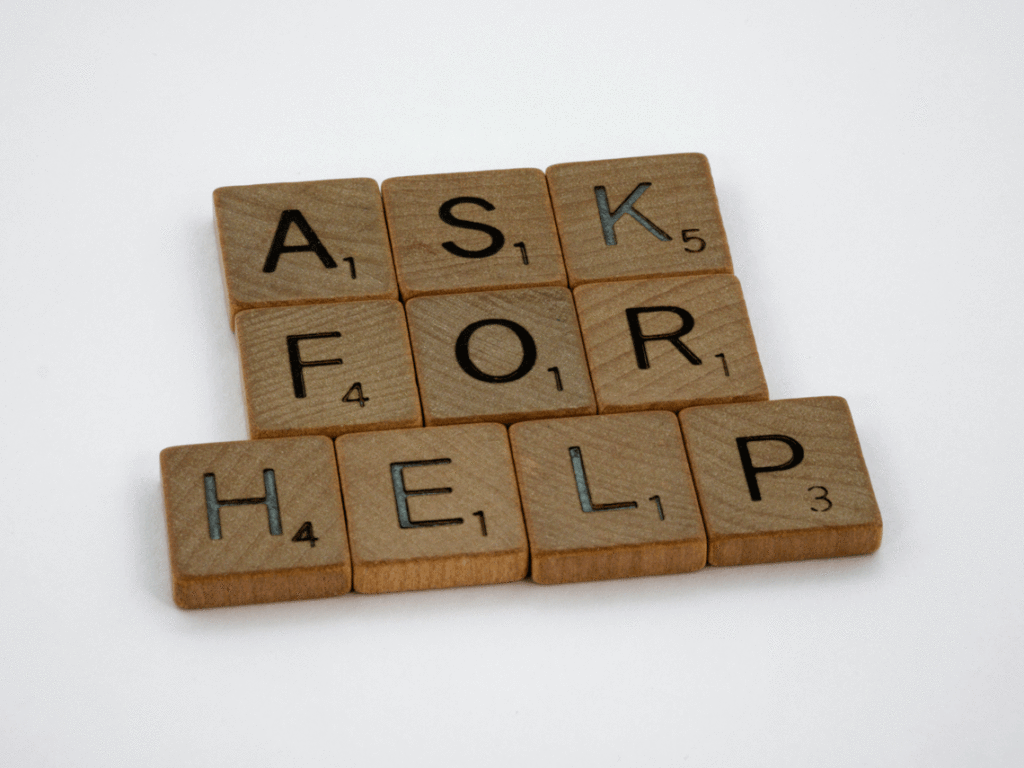
Sometimes, we all need a reminder that asking for help is a sign of strength, not weakness.
This has never been more important than right now as families face financial uncertainty, young people tackle new levels of social media pressure and a lack of mental health facilities and children are learning about the reality of war and a global pandemic at a very early age.
Being able to ask for help is an essential skill that every child and young person should learn at an early age.
As a parent or carer, it’s important that your child sees you asking for help when you need it and not suffering unnecessarily.
However, as adults, we’re taught to be self-sufficient and self-reliant. There is an unspoken narrative that if you reach out to someone for help – be it financial, physical or emotional – you may be perceived as a burden.
This is not the case.
Why do we not like asking for help?
There are many reasons why someone may not want to ask for help. Some key ones are:
- They don’t like to admit that they’re struggling
- They don’t want the person they’re asking for help to look at them differently
- They don’t want to feel like they ‘owe’ anybody
- They don’t want other people knowing their private business
Other reasons
Sometimes, someone may actually want to ask for help but feel like they can’t. Those reasons might include:
- They’re not sure who they can trust to keep it confidential
- They don’t think telling somebody will help matters
- They’re ashamed or embarrassed
- They secretly hope that it will resolve itself without needing outside involvement
How you can normalise asking for help
- Teach them that everyone needs help sometimes, including you! Show them how good it feels when you get the help you need.
- Reframe the narrative of asking for help as a sign of strength and self-care rather than weakness.
- Don’t dismiss any concerns or worries they have about reaching out. Listen and empathise with their situation.
- Share a story from a time in your own life when you needed help – even better if it’s when you were around the age your child is now.
- Explain the work that mental health professionals do and how they can be of benefit to anyone who is struggling in any stage of life.
Benefits to asking for help
- You will immediately feel better for having shared your worry. “A problem shared is a problem halved”.
- Knowing that someone else is helping you will improve your sleep and overall sense of wellbeing, making you better able to cope with the problem.
- Once you ask for help, there is a much greater chance of the problem being resolved and disappearing from your life.
- It will strengthen the bond between you and the person you have confided in.
- It increases your productivity – when you share the workload, you get twice as much done which frees you up to do more!
- It will make you more relaxed and trusting when it comes to asking for help in the future.
Check out this blog post from one of our dedicated Volunteers about why more parents should tell their children about the value of talking to Childline.
